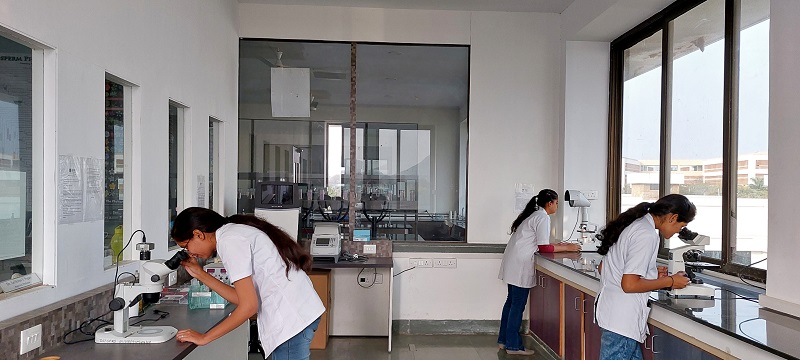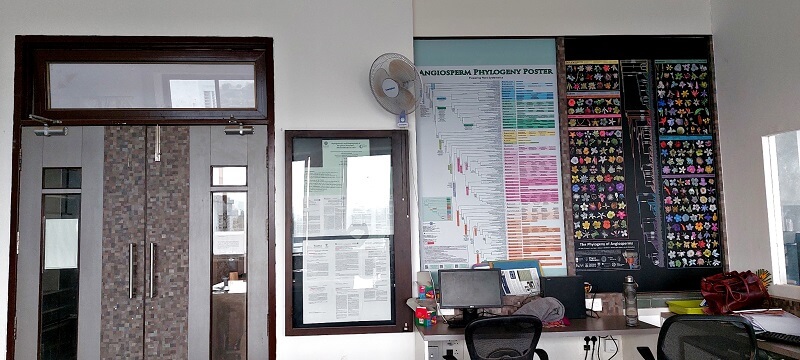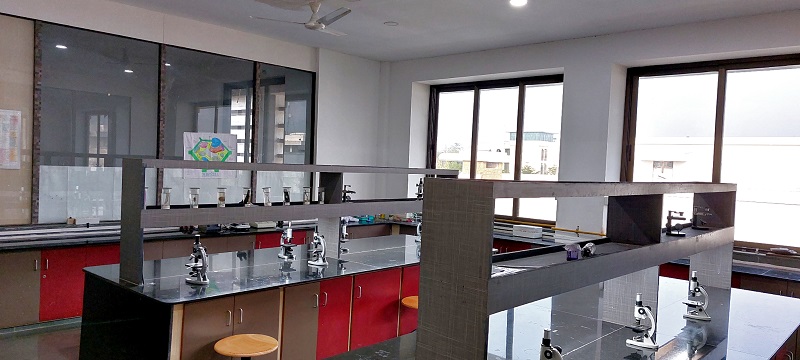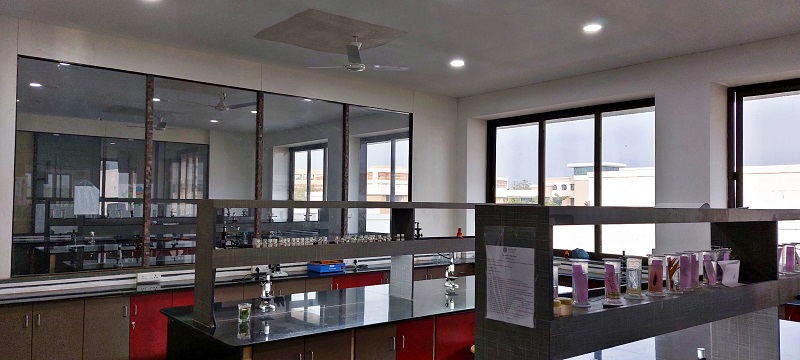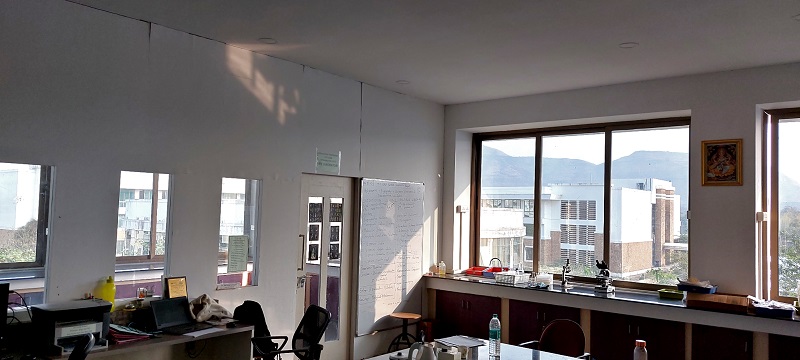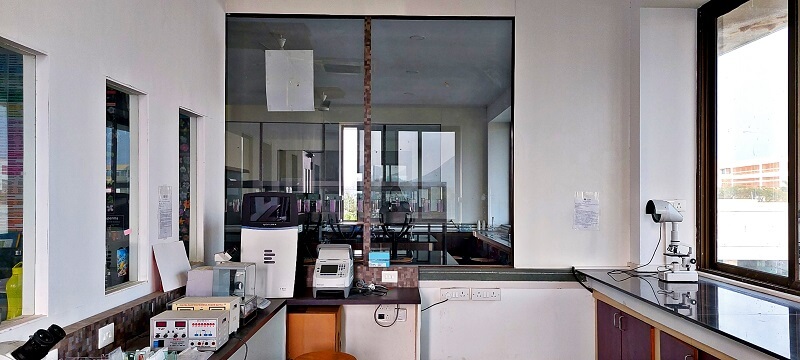Apply Now
About B.Sc. Forensic Science
Career Opportunities in B.Sc. Forensic Science

Forensic Expert
A forensic expert is a person who collects, preserves, and scientifically analyses objects in question for investigation

Drug Analyst
Drug analysts are responsible for performing various tests on a drug to verify its quality and composition and to determine its use accordingly.

Crime Laboratory Analyst
Crime laboratory analysts, also known as forensic technicians, examine and process crime scene evidence to determine what it is and how relevant it is to an investigation.

Forensic Toxicologist
A forensic toxicologist is an expert who analyses a person's body for the presence of drugs, alcohol, poisons, or other foreign substances and determines whether it was the cause of death.

Clinical Forensic Medical Experts
Clinical forensic specialists are responsible for autopsies on corpses to determine the cause, circumstances, time, and circumstances of death.

Crime Scene Investigator
Crime scene investigators are responsible for investigating crime scenes to find clues related to solving crimes.
Fee Structure & Eligibility
| Programme | Sem | Year | Mode | Eligibility | Academic Fees Per Year (INR) |
Special Fees (Incl. Library Fee & Examination Fees) Per Year (INR) |
Fees Per Year |
|---|---|---|---|---|---|---|---|
SCHOOL OF SCIENCE (UG) |
|||||||
| B.Sc. Forensic Science | 6 | 3 | Sem | Passed 10+2 science or equivalent course from any recognised Board with minimum 45% marks for open and 40% marks for backward category students OR Three years Diploma from any recognised Board of Technical Education or its equivalent | Rs. 75,000 /- | Rs. 10,000 /- | Rs. 85,000 /- |
Note:
- Admission Form and Prospectus Rs. 1000/- (One Time).
- Caution Money Rs. 1000/-
- Hostel Fees Rs. 1,10,000/- per annum + 5000 (Deposit Rs 5, 000 at the time of Admission only on refundable basis) Minimum 4 Occupancy
- Transportation Fees as applicable based on Route and Pick Up Point.
- Uniform Cost Rs. 6000/-

.jpg)








